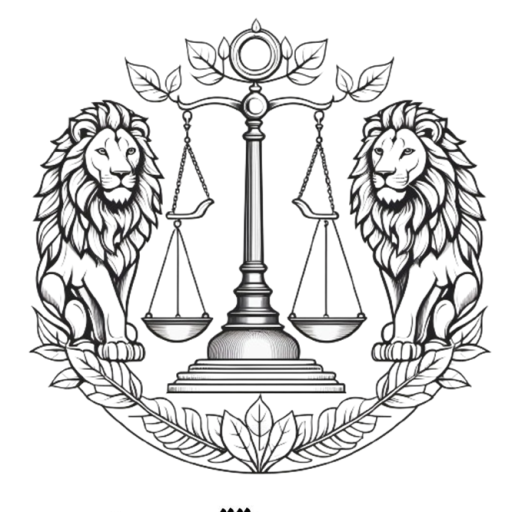Amirali R. Davoudpour
Iranian Canon of Medicine and Law, Administrative Wing of Law and Healing association, Iranian Watchdog of Medicine and Law, Tehran-Iran
Email of the corresponding author: davoudpour@canmedlaw.org
Accepted and published July, 2024. Revised: August 2024.
DOI: https://doi.org/10.5281/zenodo.13361652
This article is published under CC BY creative common license that Allows others to distribute, remix, adapt, and build upon the work, even commercially, as long as they credit the original creator.
Abstract:
Artificial Intelligence (AI) marks a transformative era in technology, prompting profound questions about intelligence, consciousness, and ethics. This paper delves into the broader theme of divine wars across polytheistic traditions, contrasting with monotheistic perspectives. Polytheistic deities, such as those in Norse, Greek, Hindu, and Egyptian mythologies, frequently engage in conflicts with humans or other divine entities. These mythologies depict gods as active participants in mortal affairs, imparting wisdom and occasionally intervening with physical force or strategic guidance.
Drawing comparisons across these diverse mythological frameworks illuminates common themes of struggle, growth, and transformation in the human-divine relationship. Whether through the epic battles of Norse gods like Odin and Thor, the strategic interventions of Greek deities like Athena and Zeus, or the cosmic conflicts in Hindu and Egyptian myths, these stories reflect humanity’s ongoing exploration of its place in the cosmos and its relationship with higher powers.
The examination of these mythologies provides insights into how ancient societies perceived divine beings as both powerful and wise, influencing various facets of human civilization from governance to the arts
Keywords: Anunnaki, Asuras, Wisdom
